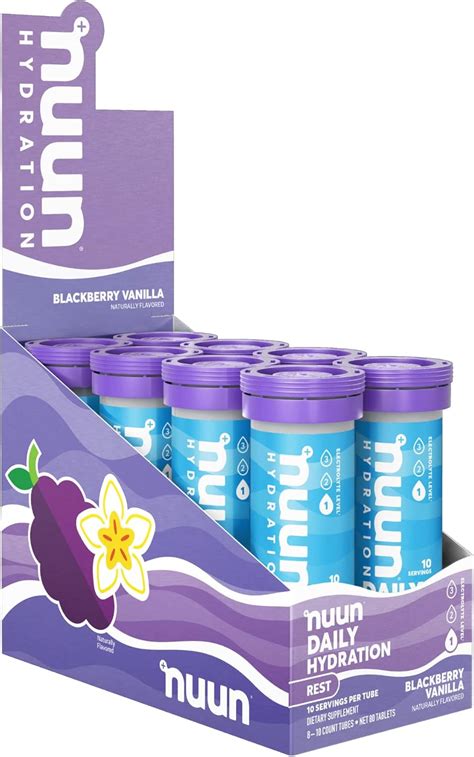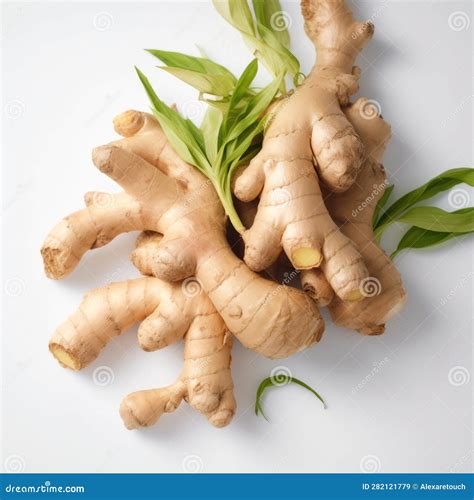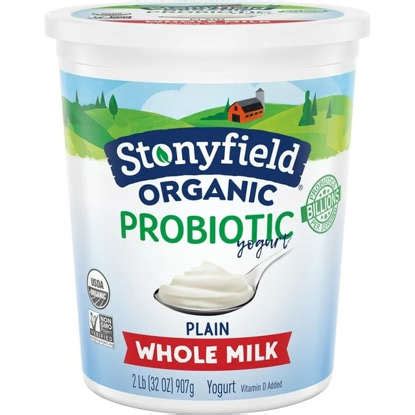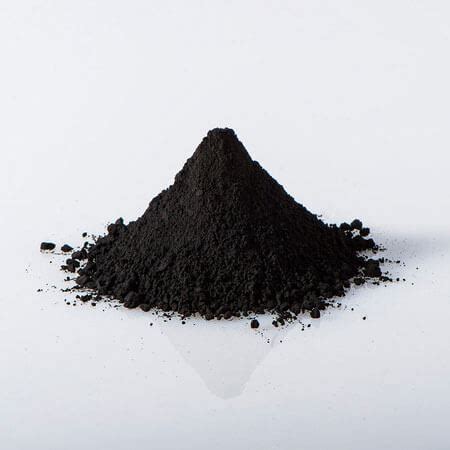Intro
Discover 5 natural remedies for food poisoning, including home treatments and prevention methods, to alleviate symptoms like nausea, vomiting, and diarrhea, and promote digestive health with holistic approaches.
Food poisoning is a common issue that affects millions of people worldwide every year. It occurs when we consume contaminated or spoiled food, which can lead to a range of symptoms including nausea, vomiting, diarrhea, and stomach cramps. While it's essential to seek medical attention if the symptoms are severe or persistent, there are several remedies that can help alleviate the discomfort and support the recovery process. In this article, we'll explore five effective remedies for food poisoning, as well as provide tips on how to prevent it and what to expect during the recovery process.
Food poisoning can be caused by a variety of factors, including bacteria, viruses, and parasites. Some of the most common culprits include Salmonella, E. coli, and Norovirus. These microorganisms can contaminate food at any stage of production, processing, or preparation, making it crucial to handle and cook food safely. When we consume contaminated food, the toxins produced by these microorganisms can cause an immune response, leading to the characteristic symptoms of food poisoning.
The symptoms of food poisoning can vary in severity and duration, depending on the type of contaminant and the individual's overall health. Mild cases may resolve on their own within a few days, while more severe cases can lead to dehydration, electrolyte imbalances, and even life-threatening complications. It's essential to seek medical attention if you experience any of the following symptoms: severe vomiting, bloody stools, difficulty breathing, or signs of dehydration such as excessive thirst, dark urine, or dizziness.
Hydration and Rest

Ginger and Herbal Remedies

Probiotics and Yogurt

BRAT Diet

Activated Charcoal

Prevention is Key
Preventing food poisoning is crucial to avoid the discomfort and potential complications associated with it. Some simple tips to prevent food poisoning include: * Handling and cooking food safely * Avoiding cross-contamination * Cooking food to the recommended internal temperature * Refrigerating perishable foods promptly * Avoiding consuming undercooked or raw foods * Washing hands frequentlyRecovery and Complications
The recovery process for food poisoning can vary depending on the severity of the symptoms and the individual's overall health. Most people can recover from food poisoning within a few days, but some cases can lead to complications like dehydration, electrolyte imbalances, or even life-threatening conditions like septicemia. It's essential to seek medical attention if symptoms persist or worsen over time.In addition to the remedies mentioned above, there are several other ways to alleviate symptoms and support the recovery process. Some of these include:
- Avoiding spicy, fatty, or high-fiber foods
- Drinking plenty of fluids to stay hydrated
- Getting plenty of rest and avoiding strenuous activities
- Taking over-the-counter medications like anti-diarrheal or anti-nausea medications
- Practicing good hygiene and washing hands frequently
What are the most common causes of food poisoning?
+The most common causes of food poisoning include bacteria like Salmonella, E. coli, and Norovirus, as well as parasites and viruses.
How can I prevent food poisoning?
+Preventing food poisoning involves handling and cooking food safely, avoiding cross-contamination, cooking food to the recommended internal temperature, and refrigerating perishable foods promptly.
What are the symptoms of food poisoning?
+The symptoms of food poisoning can include nausea, vomiting, diarrhea, stomach cramps, and fever, and can range from mild to severe.
In conclusion, food poisoning is a common issue that can be alleviated with the right remedies and prevention strategies. By understanding the causes, symptoms, and remedies for food poisoning, we can take steps to prevent it and support the recovery process. Whether it's through hydration and rest, ginger and herbal remedies, probiotics and yogurt, the BRAT diet, or activated charcoal, there are several effective ways to alleviate symptoms and get back to normal. We invite you to share your experiences and tips for preventing and treating food poisoning, and to take the necessary steps to protect yourself and your loved ones from this common issue.
